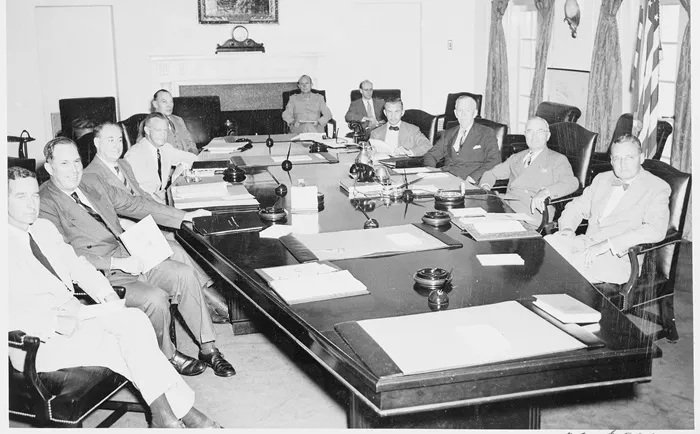Canada has a rich and diverse history, shaped by events that span centuries. April 23 has witnessed significant developments in politics, culture, military affairs, and Indigenous history. This article explores key events that took place on April 23 in Canadian history, highlighting their impact and relevance.
What Happened on April 23 in Canadian History?
1. The Establishment of the Royal Canadian Mint (1908)
On April 23, 1908, the Royal Canadian Mint officially opened in Ottawa, Ontario. Before this, Canadian coins were produced in Britain, requiring long and expensive transportation. The establishment of the mint was a crucial step in Canada’s economic independence. It allowed the country to produce its own currency, reducing reliance on foreign mints. The facility produced its first domestically minted coins in January 1908, and by April, it was fully operational. Today, the Royal Canadian Mint produces coins for Canada and other countries, using advanced technology.
2. The 1920 Dominion Elections Act and Women’s Right to Run for Parliament
April 23, 1920, marked a milestone in Canadian democracy. The Dominion Elections Act, passed on this day, granted women the right to run for Parliament. This followed the federal suffrage granted to most women in 1918. The Act also standardized election rules across provinces, improving the fairness of voting processes. This legislation paved the way for women to take active roles in government. In 1921, Agnes Macphail became the first woman elected to the House of Commons.
3. The Battle of Kapyong in the Korean War (1951)
On April 23, 1951, Canadian troops played a crucial role in the Battle of Kapyong during the Korean War. The 2nd Battalion of the Princess Patricia’s Canadian Light Infantry (PPCLI) helped defend Kapyong Valley against a massive Chinese attack. The Canadian soldiers, despite being outnumbered, held their position for two days. Their bravery helped prevent a breakthrough that could have led to the fall of Seoul. The unit received a U.S. Presidential Unit Citation for its heroic efforts, highlighting Canada’s important role in international military history.
4. The Signing of the James Bay and Northern Quebec Agreement Framework (1975)
April 23, 1975, marked an important step in Indigenous land rights negotiations in Canada. On this day, the framework for the James Bay and Northern Quebec Agreement was signed between the Quebec government and Indigenous groups. The agreement, officially signed in November 1975, recognized the rights of the Cree and Inuit peoples. It granted them self-governance and compensation for land used in hydroelectric projects. This event set a precedent for future Indigenous land agreements in Canada.
5. The Announcement of the Toronto Raptors’ Name (1994)
On April 23, 1994, the name of Canada’s first NBA team, the Toronto Raptors, was announced. The franchise was established as part of the NBA’s expansion into Canada. The name was chosen through a nationwide contest, inspired by the popularity of the movie Jurassic Park (1993). This event marked the beginning of a new era in Canadian basketball. The Raptors would go on to become one of the most successful teams in the NBA, winning their first championship in 2019.
6. Canada’s Role in the United Nations (1946)
On April 23, 1946, Canada played an important role in shaping the United Nations’ policies. During a UN meeting on this day, Canada supported resolutions on global security and economic cooperation. Canada was among the first countries to join the UN and contributed significantly to peacekeeping efforts. This commitment to international diplomacy became a defining characteristic of Canadian foreign policy.
7. The Death of Hudson’s Bay Company Explorer Samuel Hearne (1792)
Samuel Hearne, an explorer and fur trader for the Hudson’s Bay Company, died on April 23, 1792. He was famous for his exploration of northern Canada and for establishing Fort Prince of Wales. Hearne was one of the first Europeans to travel to the Arctic and document Indigenous cultures. His journals provided valuable information about the geography and people of Canada’s North. His work helped expand the fur trade and shaped the future of Canadian exploration.
Conclusion
April 23 is a significant date in Canadian history, featuring major events in politics, military affairs, Indigenous rights, and sports. These events have shaped Canada’s national identity and its role on the global stage. Understanding these historical moments helps us appreciate the country’s journey and the contributions of those who made history on this day.
Related Topics:

